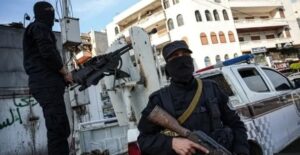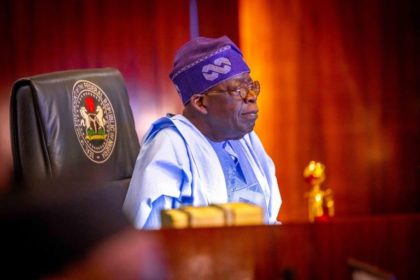
By Adeyemi Adekunle
Amidst escalation of violence, more than 1,000 individuals have been killed over the past two days in Syria, marking one of the deadliest periods since the conflict began 14 years ago. The clashes occurred between security forces of the new government in Damascus and loyalists of the ousted President Bashar al-Assad, leading to widespread revenge killings that have further inflamed sectarian tensions.
The Britain-based Syrian Observatory for Human Rights reported that among the deceased were 745 civilians, many executed at close range, alongside 125 government security personnel and 148 militants affiliated with Assad’s forces. The violence has been particularly severe in the coastal city of Latakia, where essential services such as electricity and water have been disrupted, exacerbating the humanitarian crisis.
The fighting began on Thursday after armed fighters who are allies to the former Assad regime attacked security forces in Jableh, in the coastal Latakia province.
This surge in bloodshed comes three months after insurgents ousted Assad and assumed control, highlighting the fragile nature of the new administration. The government claims it was responding to attacks from Assad loyalists and has attributed the widespread violence to “individual actions.”
The situation deteriorated further as Sunni Muslim gunmen loyal to the current government initiated retribution killings against members of Assad’s Alawite sect.
Eyewitnesses from Alawite communities described horrific scenes where gunmen executed men in the streets and at their homes, looted properties, and set residences ablaze. Thousands have fled to nearby mountains seeking safety, while bodies remain uncollected on the streets due to the ongoing threat of violence.
International reactions have been swift, with France condemning the atrocities and urging the new Syrian government to protect civilians and conduct independent investigations into the killings. The United Nations has also expressed deep concern, emphasizing the need for inclusive governance to prevent further sectarian strife.
The recent events underscore the immense challenges facing Syria’s new leadership in stabilizing the nation and healing deep-seated sectarian divisions. As the death toll rises and humanitarian conditions worsen, the international community watches with apprehension, urging immediate measures to halt the violence and protect vulnerable populations.




